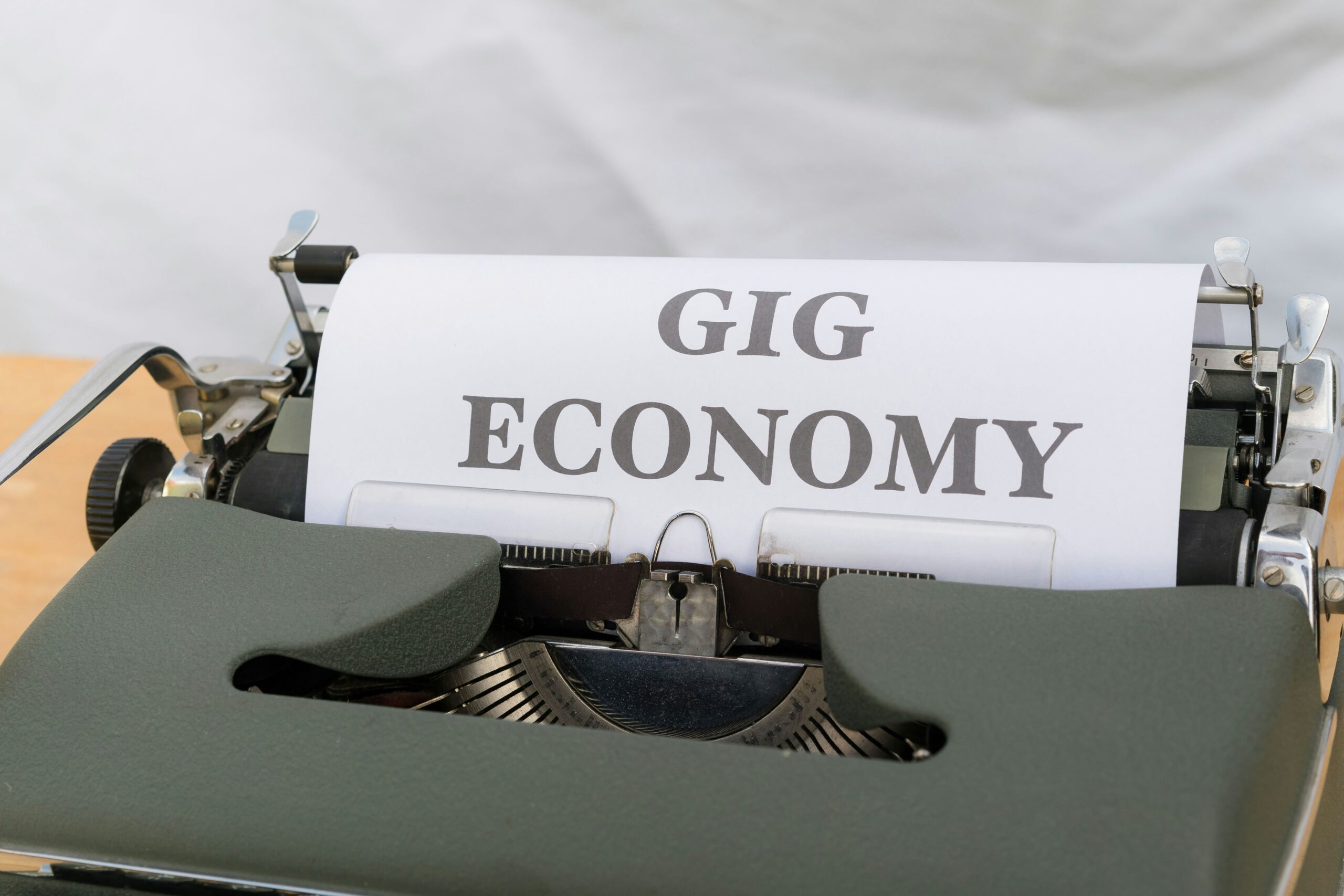
We often think of economics as distant—charts, interest rates, or government budgets. But the truth is, economics lives in your daily decisions, often in ways you don’t even notice. From the moment you wake up to when you go to bed, economic principles guide, nudge, and influence what you do, buy, and value.
Let’s explore how economics quietly weaves through your everyday life, shaping your choices in surprising and practical ways.
1. The Morning Coffee Dilemma
You start your day bleary-eyed and craving caffeine. Do you make coffee at home or grab one from your favorite café? This simple choice involves economic trade-offs.
Buying coffee outside saves you time and gives you that extra buzz of a barista-crafted latte. But it also costs more—sometimes a lot more. Making it at home, meanwhile, is cheaper but requires time and effort. This is opportunity cost in action: every choice involves giving up something else, whether it’s money, time, or convenience.
Interestingly, millions of people make the “coffee run” not because they can’t brew at home but because they value time and experience more than the saved dollars. Economics doesn’t judge these decisions—it simply explains the forces behind them.
2. Why Prices Whisper Signals
When you check the price of avocados or your favorite streaming service, you’re receiving a signal. Prices aren’t just numbers; they communicate information about scarcity, demand, and value.
For example, when the price of avocados spikes, it might be because of poor harvests, high demand, or transportation issues. Your decision to still buy them or switch to something cheaper reflects how you interpret and respond to these signals.
Even something like surge pricing on a rideshare app tells you: “Demand is high right now.” Economics turns prices into a language—a way for markets and individuals to talk without saying a word.
3. Budgeting: Your Personal Economic Blueprint
Think of your monthly budget as your own little economy. You have limited income (resources) and unlimited desires. Economics helps you decide how to allocate those resources smartly.
When you decide how much to spend on groceries, entertainment, savings, or travel, you’re essentially doing what entire nations do—allocating scarce resources to maximize well-being. Whether you use an app, a spreadsheet, or mental math, you’re prioritizing based on utility—what gives you the most satisfaction.
Budgeting is where economics meets reality. It’s less about equations and more about aligning your money with what truly matters to you.
4. The Subtle Power of Incentives
Incentives drive behavior, often without us realizing it. Discounts nudge us to buy now. Cashback rewards make us choose one card over another. Employers offer bonuses to motivate extra effort.
Take grocery store loyalty programs. The small discounts you get for scanning your card aren’t just generosity—they’re incentives designed to make you come back repeatedly. On a personal level, incentives might look like giving yourself a “reward coffee” for finishing a tough task or putting savings on autopilot to stay disciplined.
When you start noticing incentives everywhere, you’ll see how they quietly shape your daily patterns.
5. The Economics of Time
Time, like money, is scarce. Every “yes” to one activity is a “no” to something else. How you spend your hours is deeply influenced by economic trade-offs.
Say you’re deciding between working overtime or attending a family dinner. The overtime offers extra income, but the dinner offers connection and relaxation. There’s no universal right answer, but your choice reflects how you value time versus money in that moment.
Even mundane choices—like cooking dinner versus ordering takeout—are time economics at play. Understanding this helps you make intentional, not accidental, decisions.
6. How Peer Influence Shapes Spending
Economics isn’t just about money and markets—it’s also about people. Social norms and peer behavior strongly influence economic decisions.
Think of the last time you bought something because “everyone else had it.” Maybe it was a trendy water bottle, the latest phone, or a weekend getaway idea from Instagram. Economists call this network effects and herd behavior—we often value things more when others do.
This doesn’t mean peer influence is bad. Sometimes it leads us to discover great products or experiences. However, recognizing the influence helps you tell the difference between your wants and the crowd’s wants.
7. Big Economic Events, Small Personal Ripples
Global economics can feel abstract, but its effects land squarely in your daily life. A rise in interest rates can make your loan repayments higher. A global oil shortage can increase your commute costs. Inflation can shrink your purchasing power at the supermarket.
For example, when central banks raise interest rates to cool inflation, borrowing becomes more expensive. This can influence your decision to buy a house, take a loan, or even use your credit card differently. What happens on the world stage trickles down to your personal wallet in very real ways.
8. Making Economics Work for You
The best part about understanding everyday economics is that it empowers smarter decisions. Once you see the trade-offs, incentives, and signals at play, you can make choices that align more with your goals and values.
Maybe that means cooking at home more often to save for a trip. Or recognize that a discount isn’t always a deal if you don’t need the item. Or simply understanding that spending extra for convenience is valid if it truly improves your quality of life.
Economics isn’t about being frugal or rigid—it’s about making conscious choices rather than unconscious habits.
Final Thought
You don’t need a degree to think economically. You’re already doing it every day, from your morning coffee to your biggest financial decisions. By tuning into these invisible forces, you gain a clearer view of your priorities, habits, and the world around you.
Economics isn’t some distant subject—it’s the story of you, making choices in a world of trade-offs.